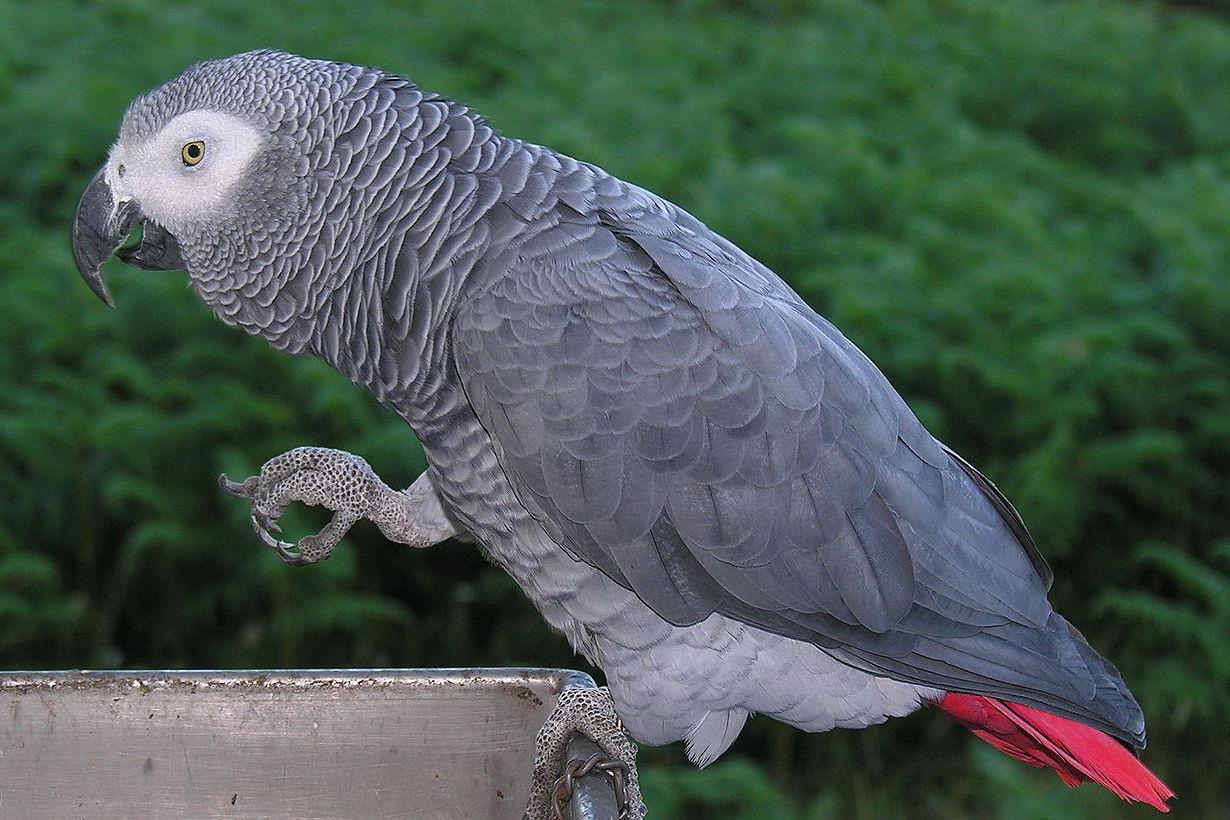Y: Do you need any help with your move this weekend, Don?
D: Sure, thanks! That’s something I’ve always appreciated about us humans—our willingness to help each other.
Y: Me too, but it’s not an exclusively human trait—great apes voluntarily help each other out, and now, thanks to new research, scientists have learned that African grey parrots do too in some circumstances. For their experiment, researchers put two parrots in side-by-side compartments that had an opening between them. The parrots could exchange tokens for food, but there was a catch: one parrot had another opening it could use to pass tokens to the researcher, but no tokens. The other parrot didn’t have an opening to the researcher, but all the tokens. Researchers observed the parrots with tokens helping their partners out by passing them their tokens.
D: And the parrots weren’t just playing?
Y: Well, when both parrots’ exchange holes were blocked—meaning neither could get food and exchanging tokens would just be a game—a lot fewer tokens passed between them. There were also a lot fewer tokens exchanged when the parrot with the exchange hole wasn’t there, decreasing the likelihood that the helper parrot was just trying to get a token to the researcher itself. It’s important to note, though, that the parrots who most obviously helped each other out were a very closely bonded pair of siblings. It’s not clear that parrots regularly help other parrots they don’t know, or even siblings they aren’t close to.
D: So if I were a parrot and had a move coming up, my parrot coworker might not offer to help?
Y: I wouldn’t count on it.









